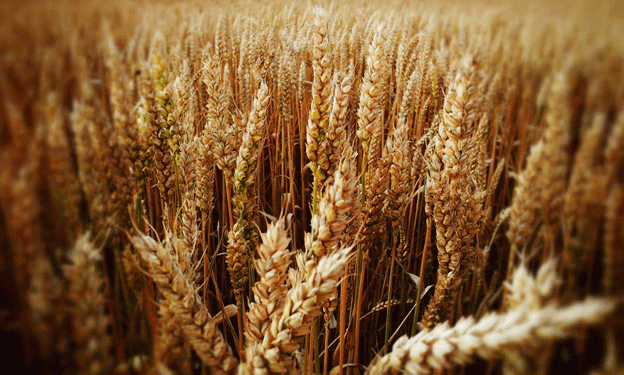Punjab, a key agricultural hub in Pakistan, is on track to meet its wheat sowing goal for the current season, with nearly 99% of the target achieved. According to Syed Ashiq Hussain Kirmani, Punjab’s Agriculture Minister, the province aimed to sow wheat on 16.5 million acres this season, and 16.25 million acres have already been planted. This marks a significant achievement in the face of growing agricultural challenges and increasing demands for food security.
Farmer-Friendly Policies Fueling the Success
The remarkable progress in wheat sowing is largely due to several initiatives launched under the leadership of Chief Minister Maryam Nawaz. Among these initiatives are the Kissan Card and Green Tractor Program, both designed to support farmers in improving their productivity and access to essential resources.
- Kissan Cards: These cards were provided to farmers cultivating up to 12.5 acres of land, ensuring they have access to subsidies and better resources.
- Green Tractor Program: Aiming to modernize farming practices, the program has included the distribution of 1,000 tractors for farmers with landholding over 25 acres of wheat cultivation. This initiative is helping mechanize agriculture, making farming more efficient and reducing labor costs.
- Laser Levelling: To improve land productivity, 1,000 laser levellers will be distributed to farmers with 12.5 to 25 acres of wheat sown land.
Ensuring Availability of Affordable Inputs
To support wheat cultivation, the Punjab government has focused on making key agricultural inputs such as DAP (Diammonium Phosphate) and urea fertilizers readily available at affordable prices. Moreover, the price of Punjab Seed Corporation’s wheat seed bags has been reduced significantly, from Rs 6,300 to Rs 4,500 per bag, enabling farmers to save costs and improve productivity.
Boosting Wheat Production and Meeting Food Security Goals
These combined efforts have not only ensured that Punjab is on track to meet its wheat sowing target, but also contribute to the overall goal of enhancing wheat production in Pakistan. With wheat being a staple crop, such initiatives are vital for the country’s food security and economic stability. The timely sowing of wheat is expected to result in a strong harvest, meeting domestic demand and potentially increasing exports.
A Model for Agricultural Growth
The success of Punjab’s wheat sowing campaign demonstrates how effective government support, targeted policies, and strategic input management can lead to positive outcomes in agriculture. By providing essential tools and subsidies to farmers, the province has made significant strides in securing a steady supply of wheat for the future. This model of collaboration between the government and farmers can be a template for other regions seeking to improve agricultural productivity and ensure food security.
Error





